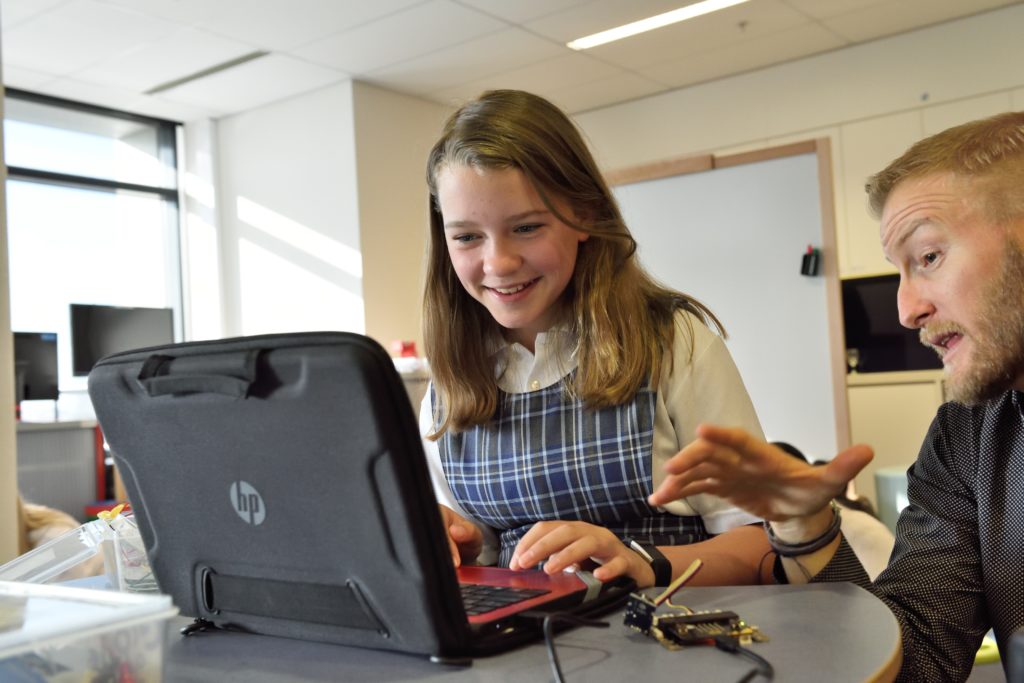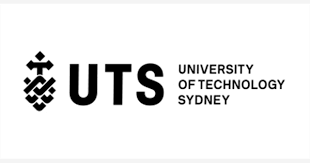Globalisation, automation and rapidly changing needs mean the future of employment will probably look very different to now. In fact, many current careers won’t exist in the next 10 to 20 years. So, it’s critical that students ask the important question: ‘Will my chosen study path lead to strong job opportunities after graduation and beyond?’
In this series, we’re exploring a range of occupations forecast to have strong employment prospects in the future. Some careers in the tech industry are quickly emerging. Plus, there are other existing careers that will also have an important place in the employment opportunities of tomorrow.
This time, we’re looking into a new career emerging in the field of education: a human experience teacher. Pearson predicts there will be a 73% increase in teaching jobs between now and 2030, but it may be a very different kind of teacher than the one we’re used to. Population growth (both in Australia and globally) and the ever-increasing value of education mean that school teachers are always in demand, but the role of teachers is also evolving to keep up with technological and social change.
If you’re interested in helping prepare the next generation for a brand-new world, a career as a human experience teacher could be for you.
What is a human experience teacher?
This new type of educator can be described as a human experience teacher. Rather than teaching students from a textbook, a human experience teacher focuses on social and emotional learning (SEL). Thanks to video tutorials and interactive quizzes that allow students to engage with content independently, teachers can take on a more guiding role, encouraging students’ higher-order skills. These skills, like problem-solving, creativity, intuition, communication and creativity, will prepare students for successful careers in a globalised workplace.
In the future, teachers will no longer stick to strict subject boundaries. The real world is complicated, and human experience teachers will enable students to gain essential skills at their own pace. Teachers will be able to offer electronic grading and personalised feedback and use video chat to bring together students from around the world and connect with experts to enhance their classes.
What kinds of careers are available?
Research by Pearson has identified five essential skills that will be in demand for educators in 2030: fluency of ideas, active learning, learning strategies, originality and coordination. These skills apply across subject areas and even across industries, so studying to be a human experience teacher could be a smart move.
Opportunities include:
- Early childhood educator
- Primary school teacher
- Secondary school teacher
- Education researcher
- Educational technology developer
- Library and information specialist
- School administrator
- Curriculum development consultant
Why work as a human experience teacher?
Career growth
Teaching has long been a smart career move, but it is set to become even more attractive in the future. Spending per student on primary and secondary education across the OECD has increased by almost 20% since 2006. UNESCO’s Sustainable Development Goal 4 is that every one of its 193 member states spends 4-6% of GDP and/or 15 to 20% of total public expenditure on education by 2030. As a teacher, you will have plenty of opportunities for professional and financial success, wherever you decide to build a career.
Global good
Education is essential to economic development around the world. As a human experience teacher, you will connect kids with the knowledge they need to change their lives and those of others in their communities. As well as helping other people, a career in teaching can be personally fulfilling by providing meaning and motivation in today’s busy world.
Engaging work
There’s never a dull moment as an educator. If you’re looking for a challenging career, interacting with kids every day will keep you on your toes. With the help of advanced technological tools, you will be learning alongside your students as you explore the complexities of history, science, mathematics, languages and creative arts.
Technological innovation
Human experience teachers have the opportunity to employ the latest innovations in the classroom. Today’s children are digital natives and you will be too, trialling new apps, platforms and devices that harness your students’ curiosity. Old-school testing is likely to be eliminated, as you help your students build their interpersonal skills.
Education pathways
All school teachers in Australia require a tertiary qualification. A university education degree usually includes both theoretical and hands-on learning, as well as multiple work placements. If you want to be a teacher, you can start with a Bachelor of Arts of Education and then have the option of adding additional qualifications, like Honours or Masters.
- Bachelor of Arts Bachelor of Education (Primary or Secondary)
- Bachelor of Education Bachelor of Arts in International Studies
- Bachelor of Arts Bachelor of Education (Honours)
Student story
Hugh Tomkins graduated from a Bachelor of Arts Bachelor of Education (Primary Education) at the University of Technology Sydney (UTS). He is the recipient of the 2018 Newington Education scholarship, which has allowed him to immerse himself in the world of teaching and experience a classroom first-hand. He appreciates Newington College’s approach to inquiry-based student-centred learning.
“This was particularly exciting for me as it was a new way of teaching that my own personal teaching philosophy believes in,” he says. “Students become the facilitators of their own learning in which their own interest is used to help promote a learning environment full of engagement, risk-taking and relevance.”
Thanks to UTS and his placement at Newington, he has been able to get a taste of the future of teaching.
“My personal experiences have had me working collaboratively with fellow teachers and students across a range of learning areas with literacy being my main focus,” he says. “Working closely with other teachers has helped me to get a better grasp and new techniques in teaching this topic to students.”
Want to study for a future career as a human experience teacher?
UTS offers one of the Top 100 Education programs in the world, according to the 2019 Times Higher Education World University Rankings. Students spend more than 80 days in the classroom gaining professional experience from the first semester of their degree, with plenty of support from UTS lecturers and tutors.
Future teachers at UTS can choose to specialise in niche and in-demand areas like STEM and TESOL by completing a sub-major within the Secondary Education major. They can also take advantage of international professional experience placements, or learn a language and study overseas with the combined International Studies degree. For more information on how an education degree can prepare you for the future of teaching, check out the UTS website.






